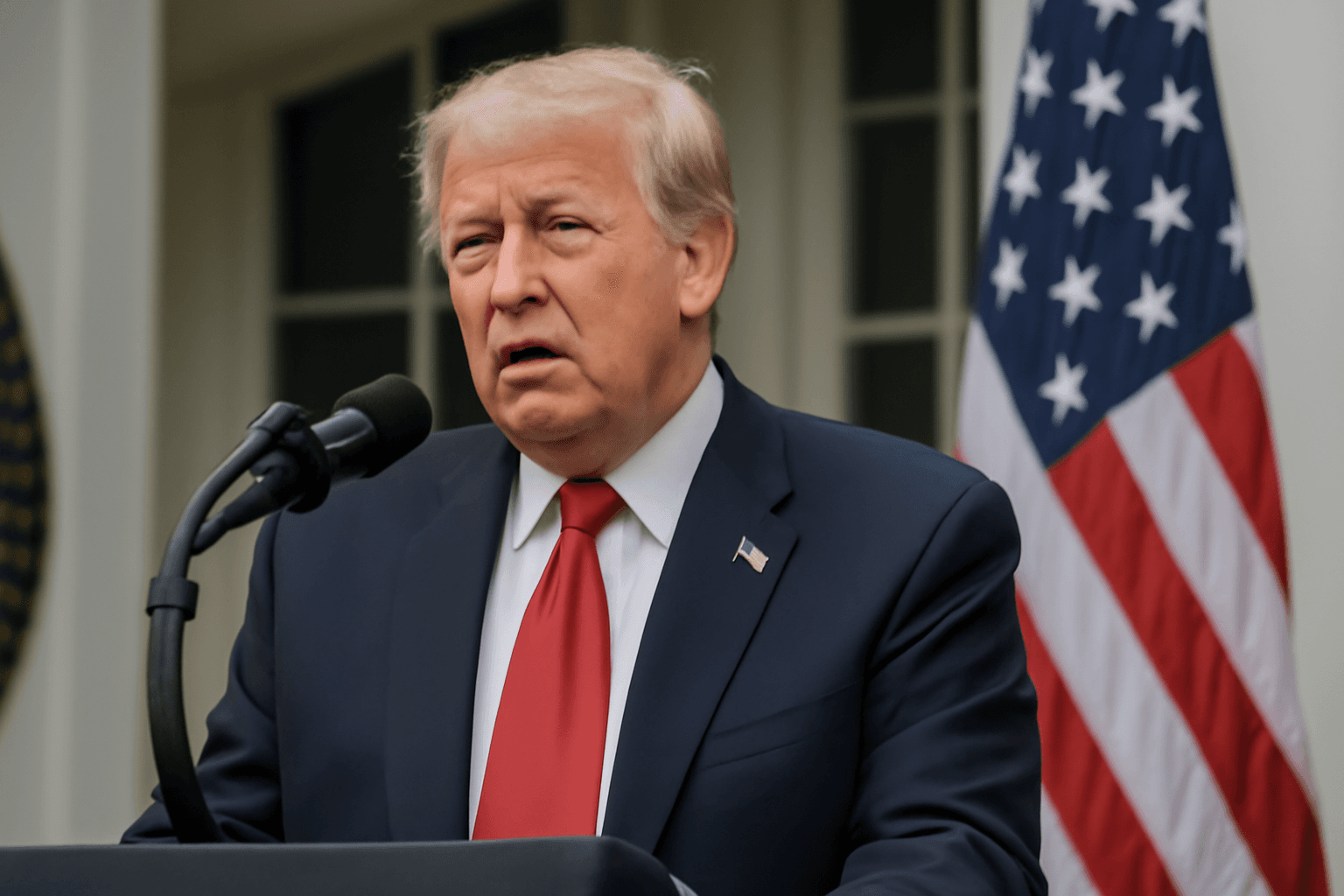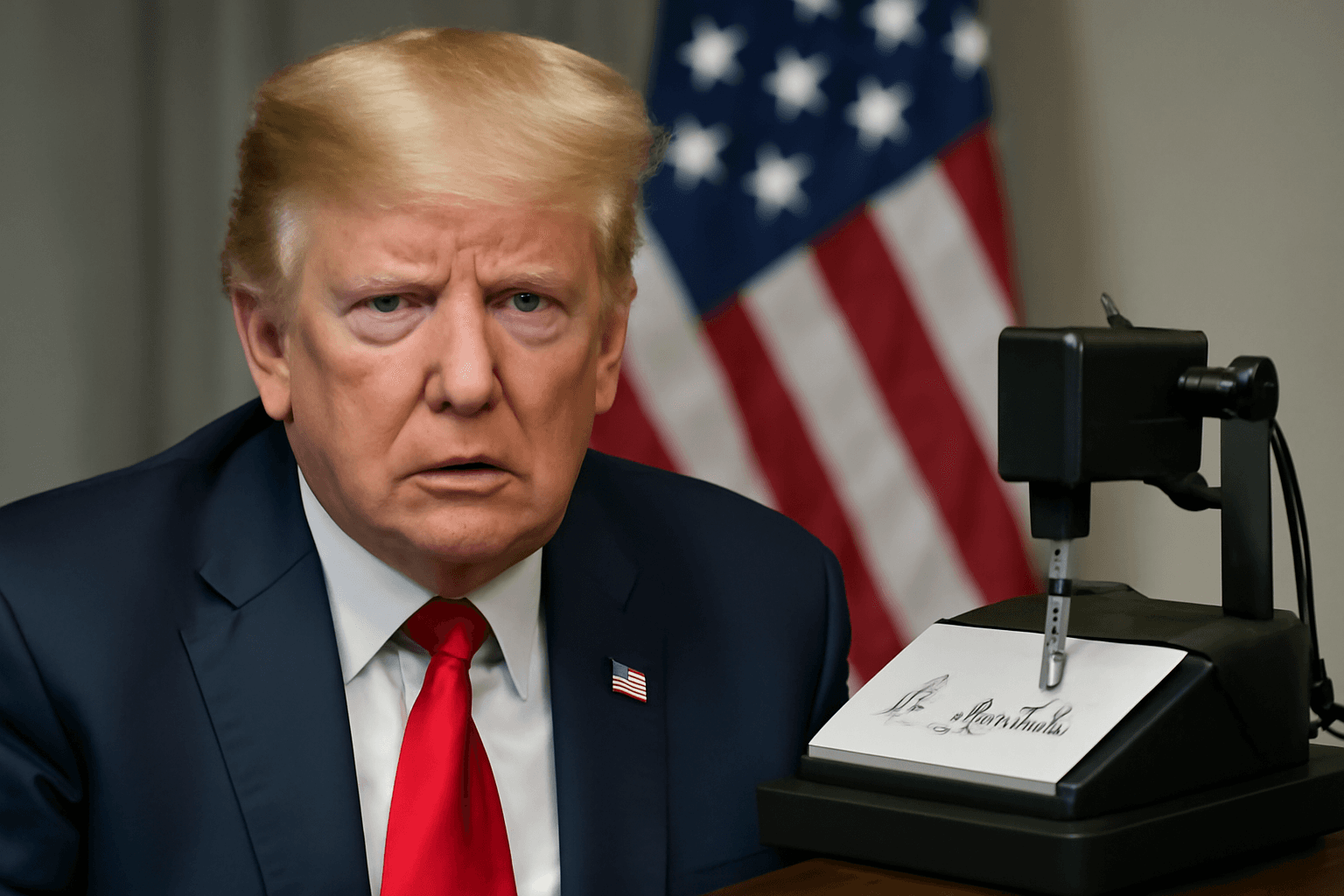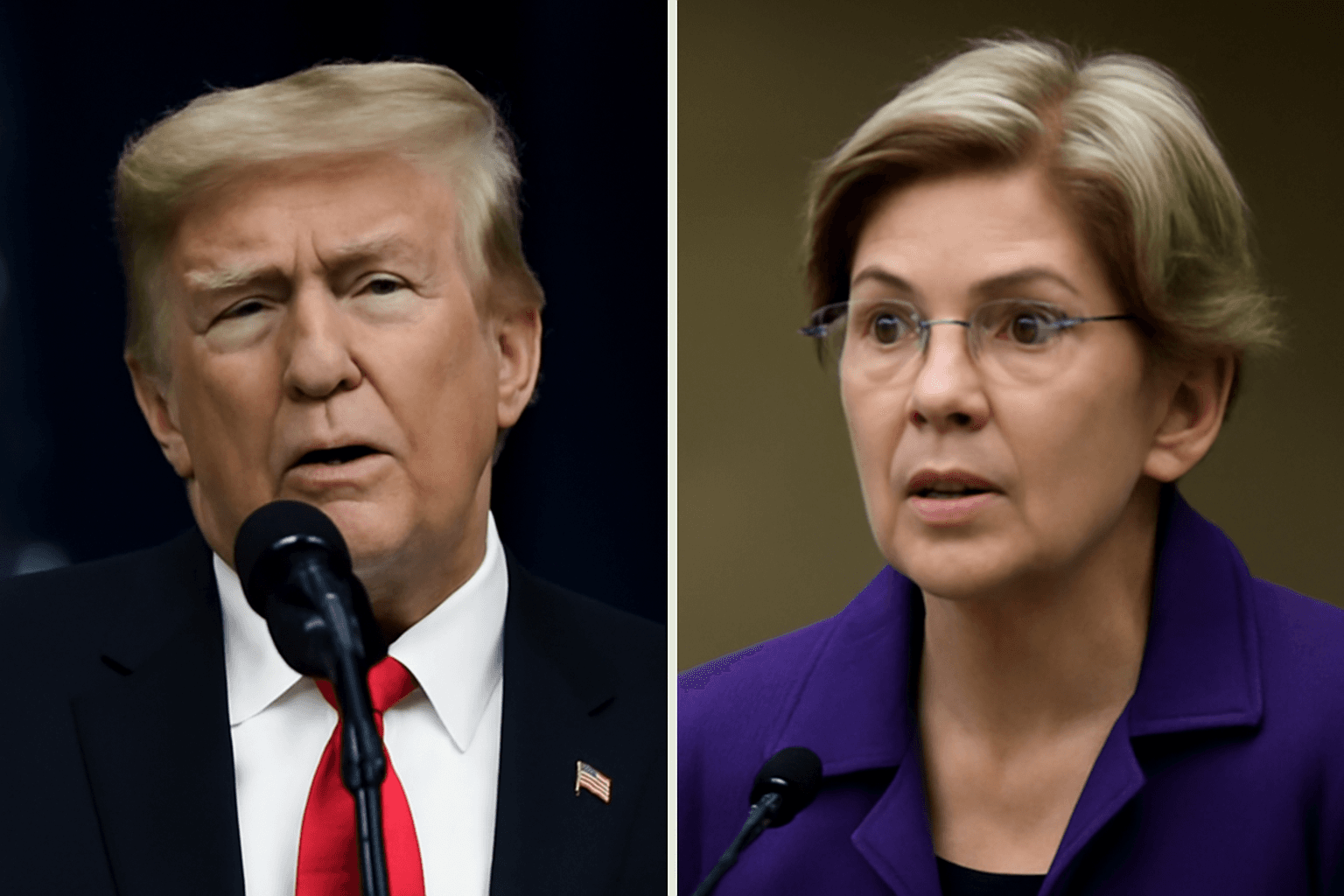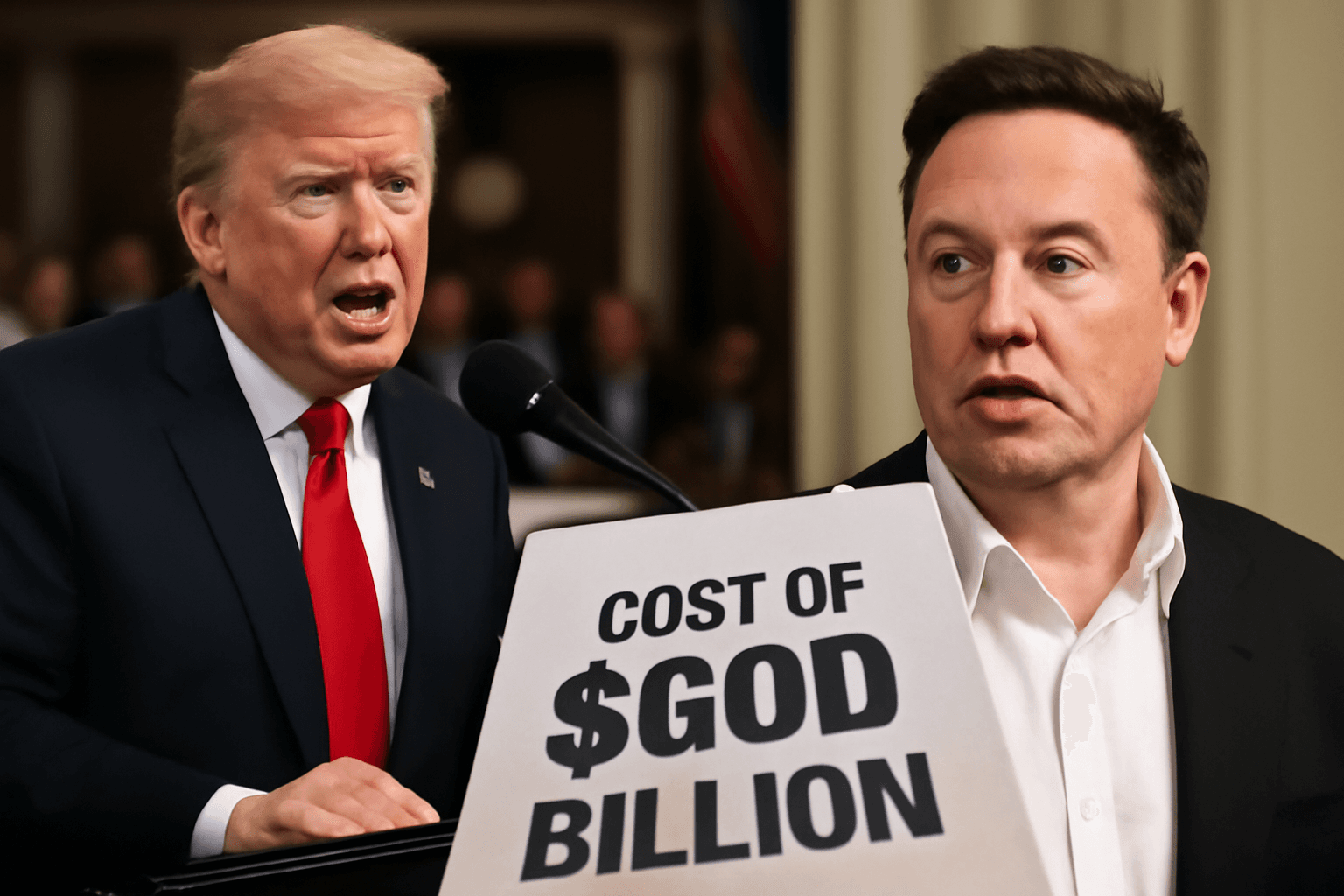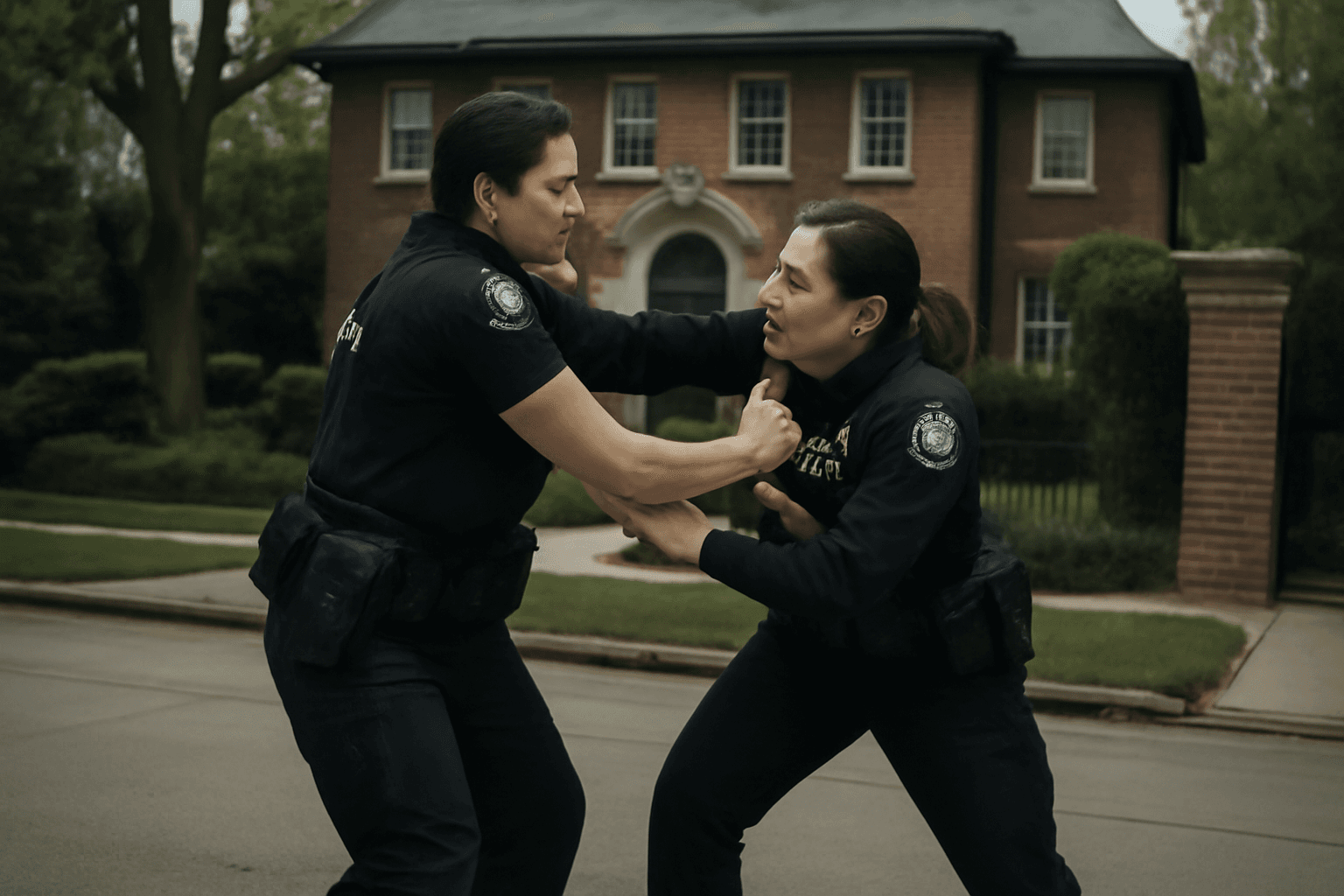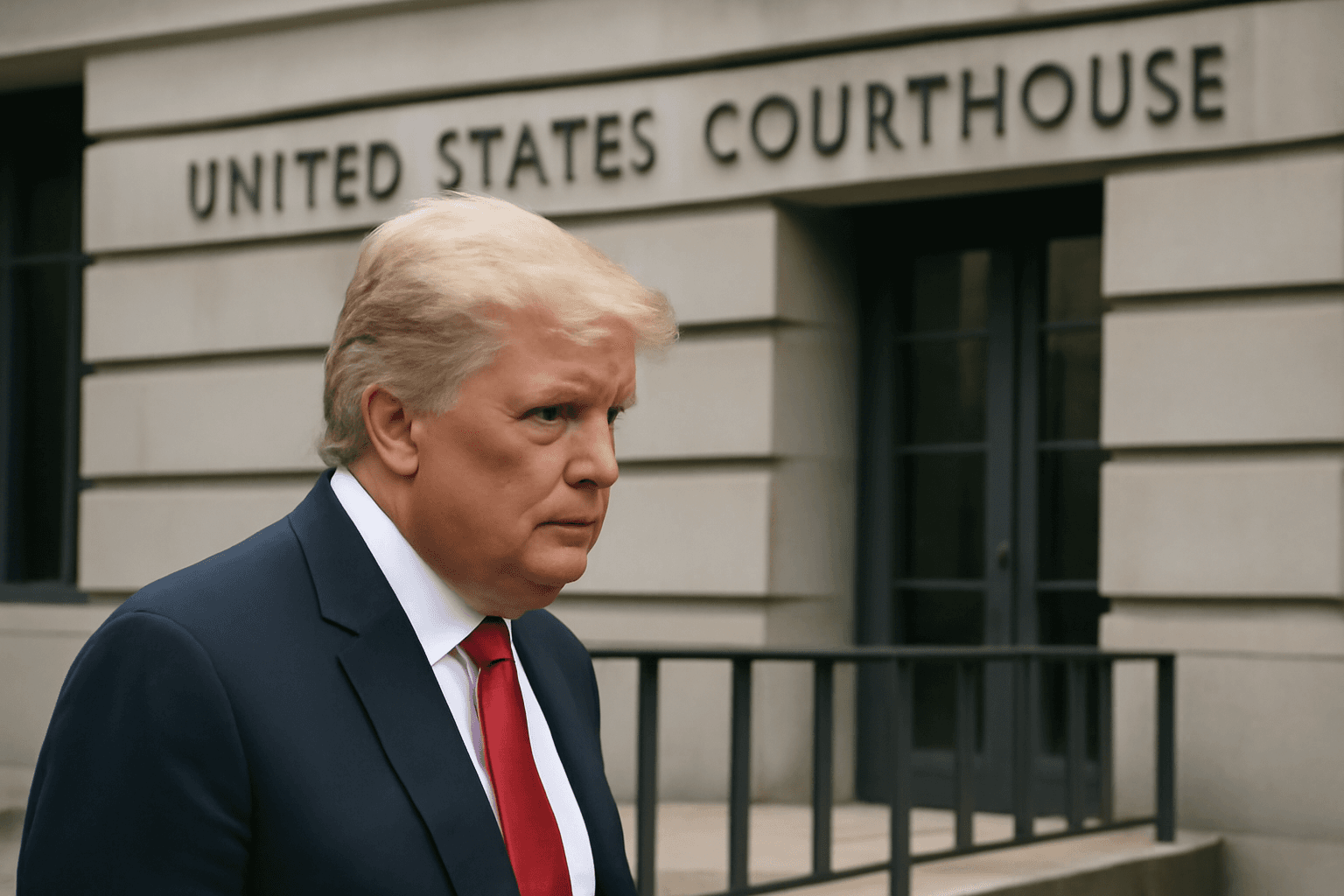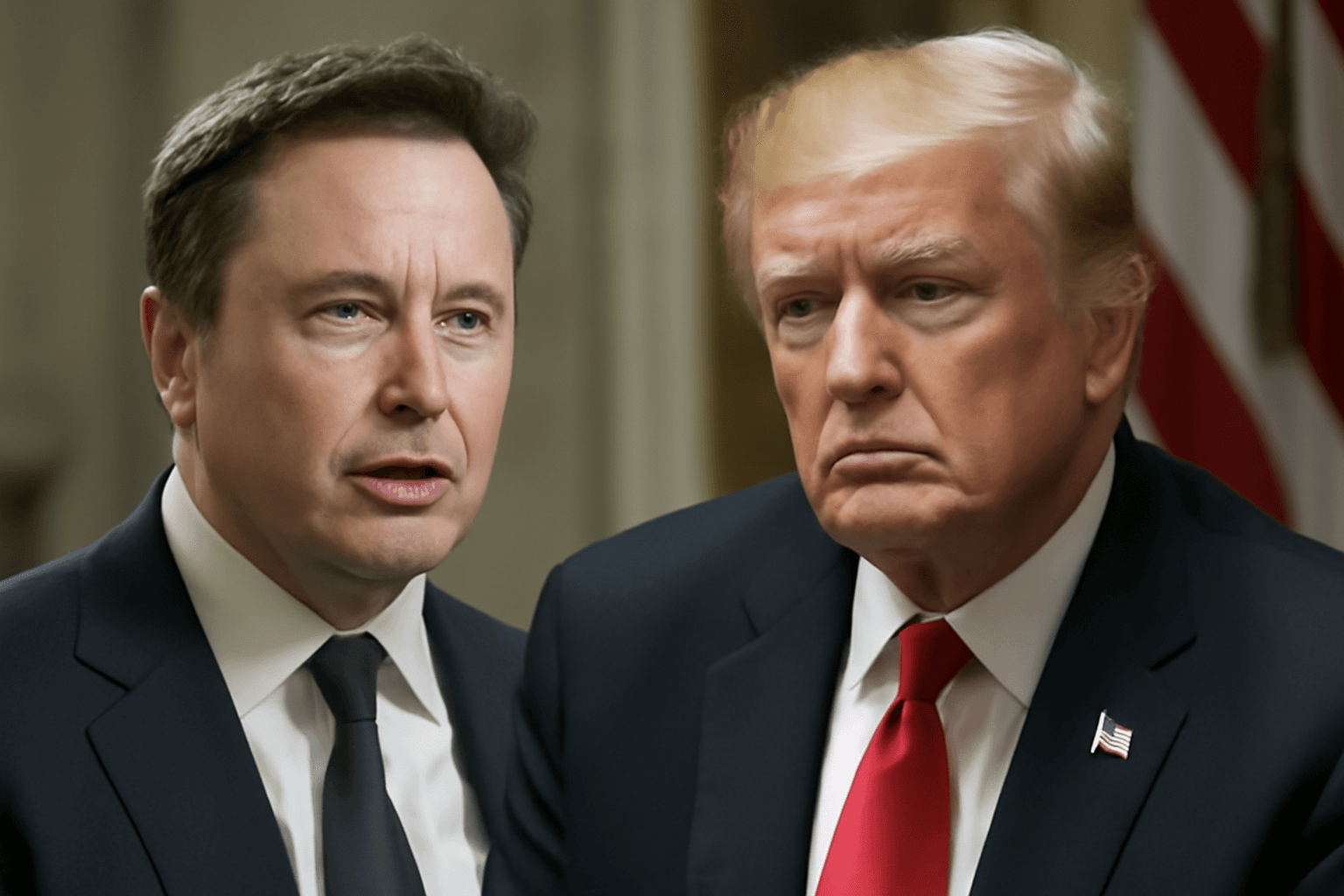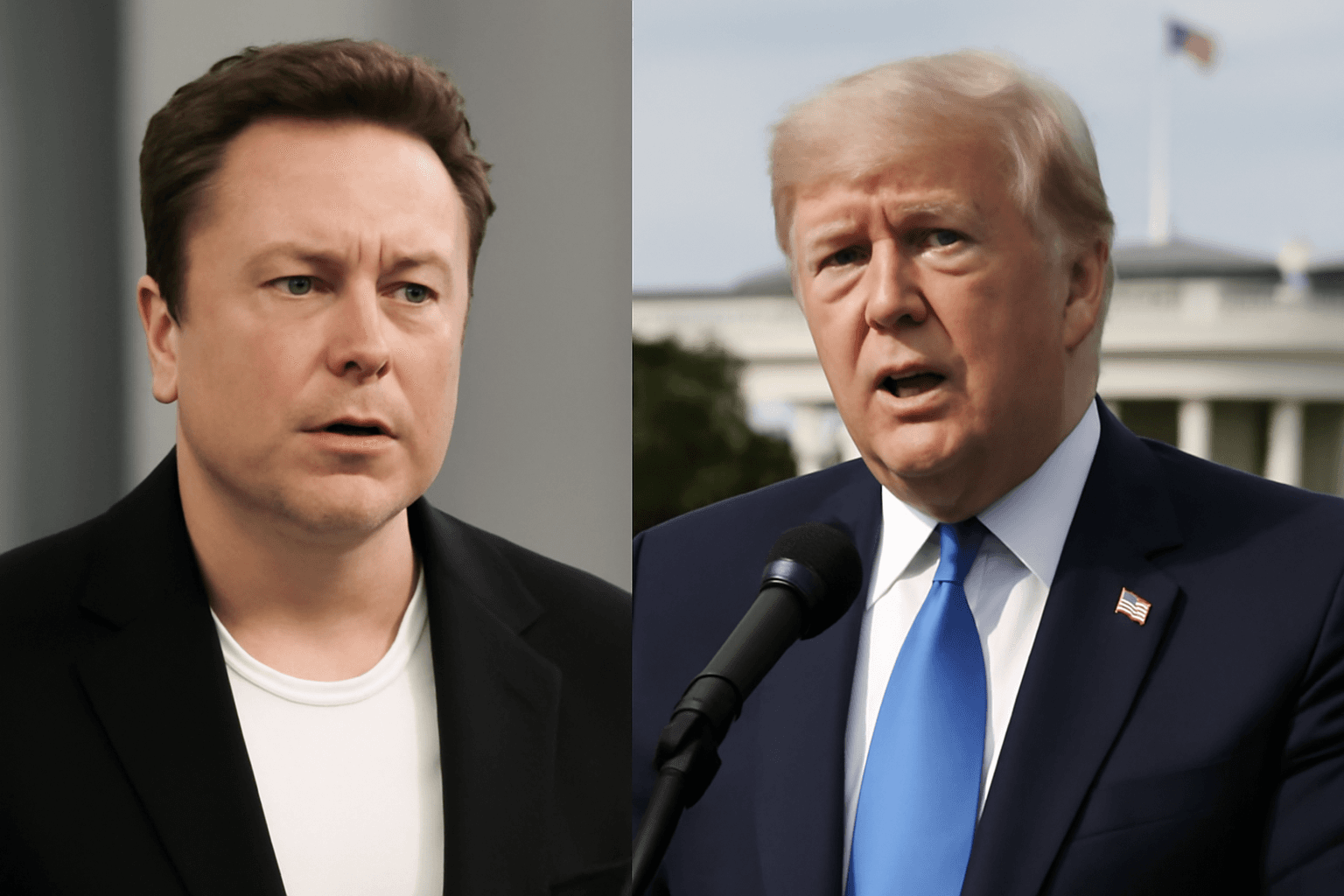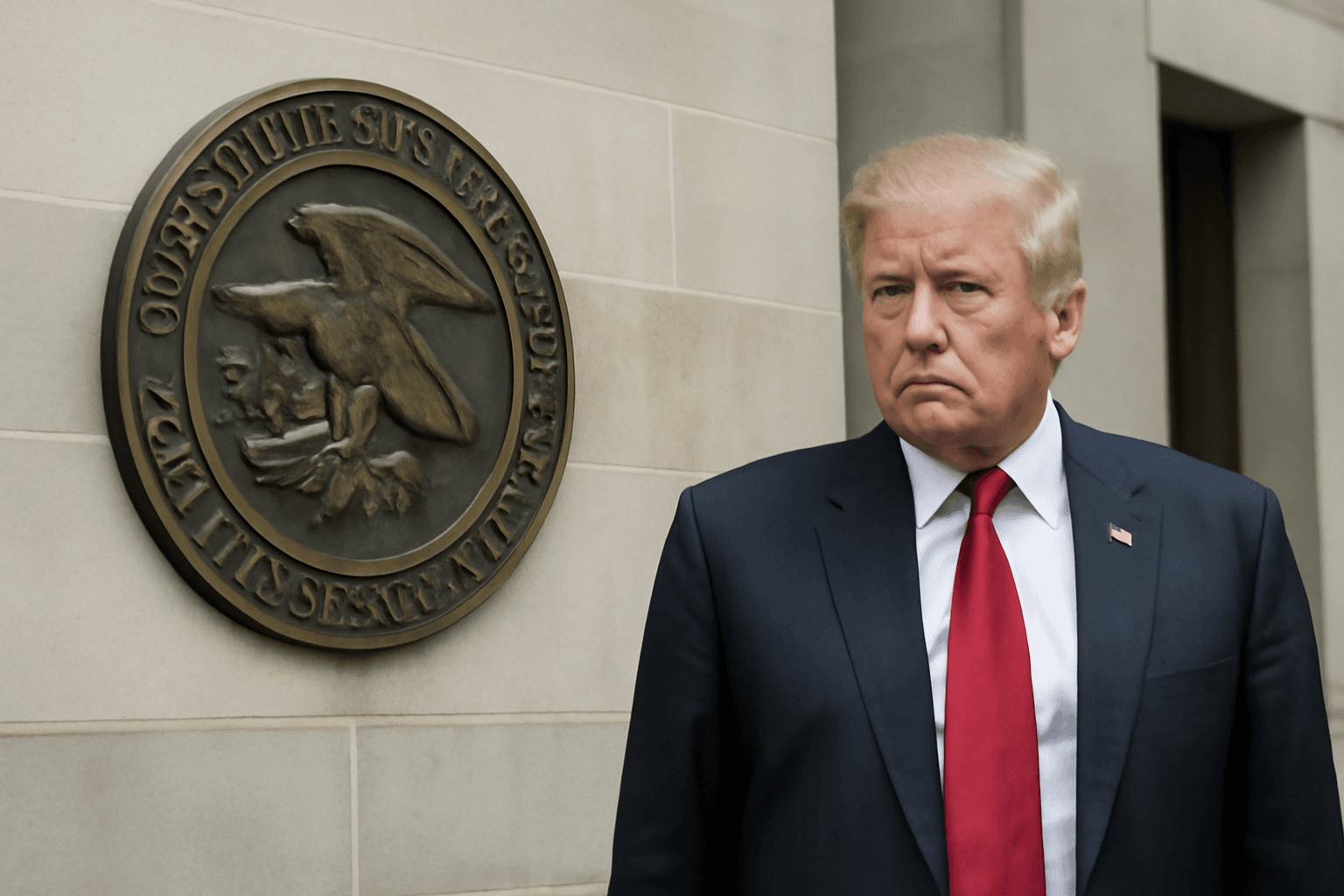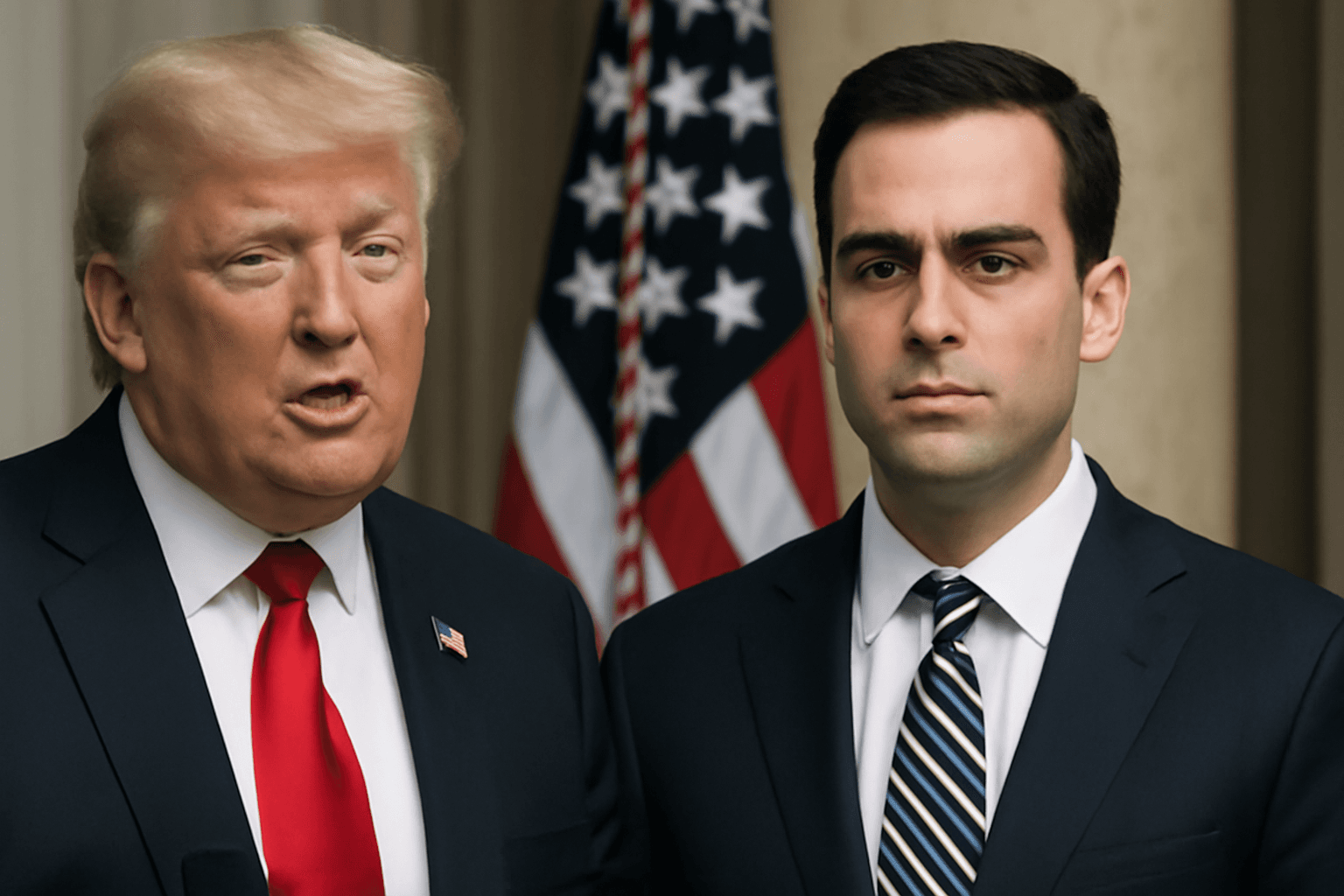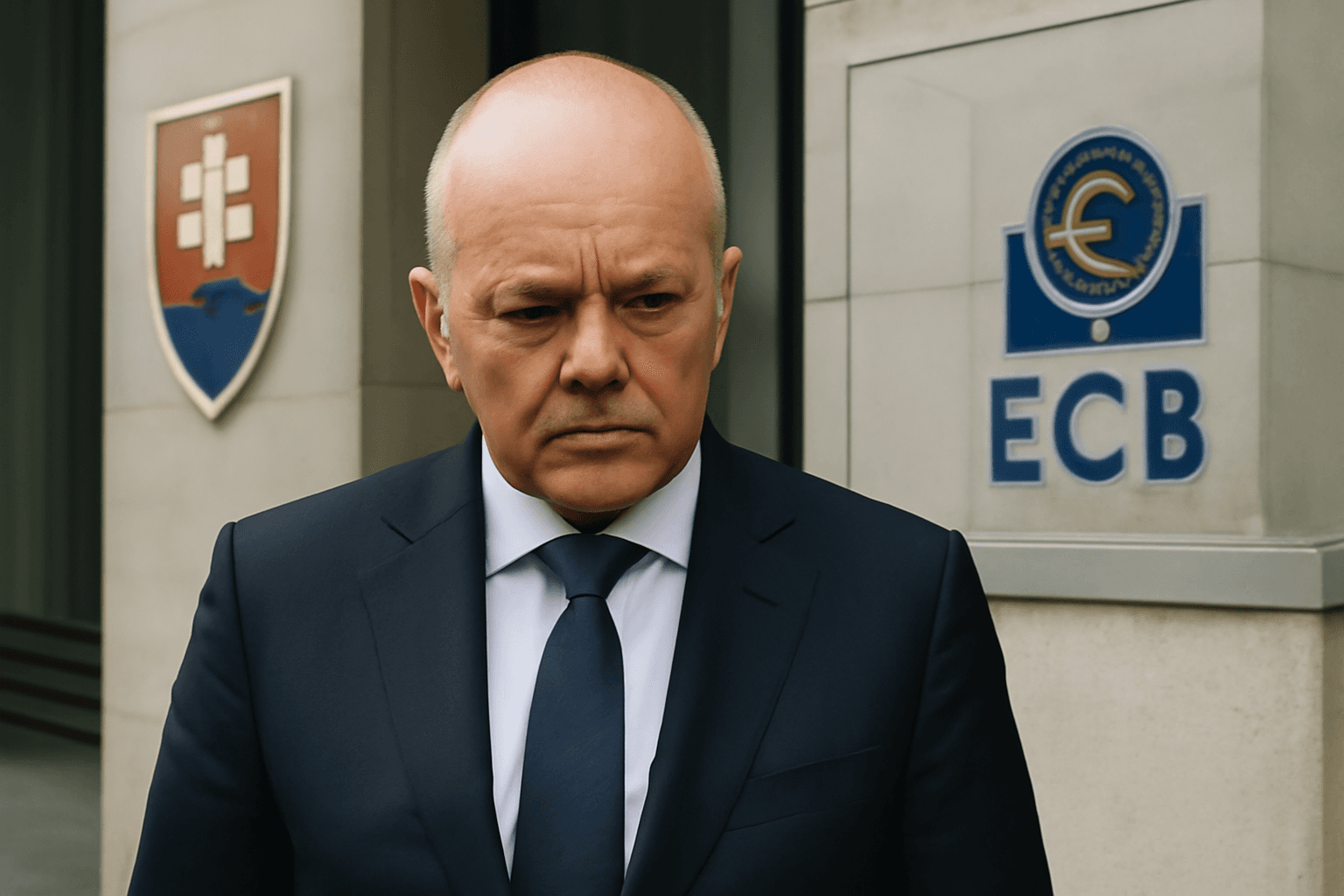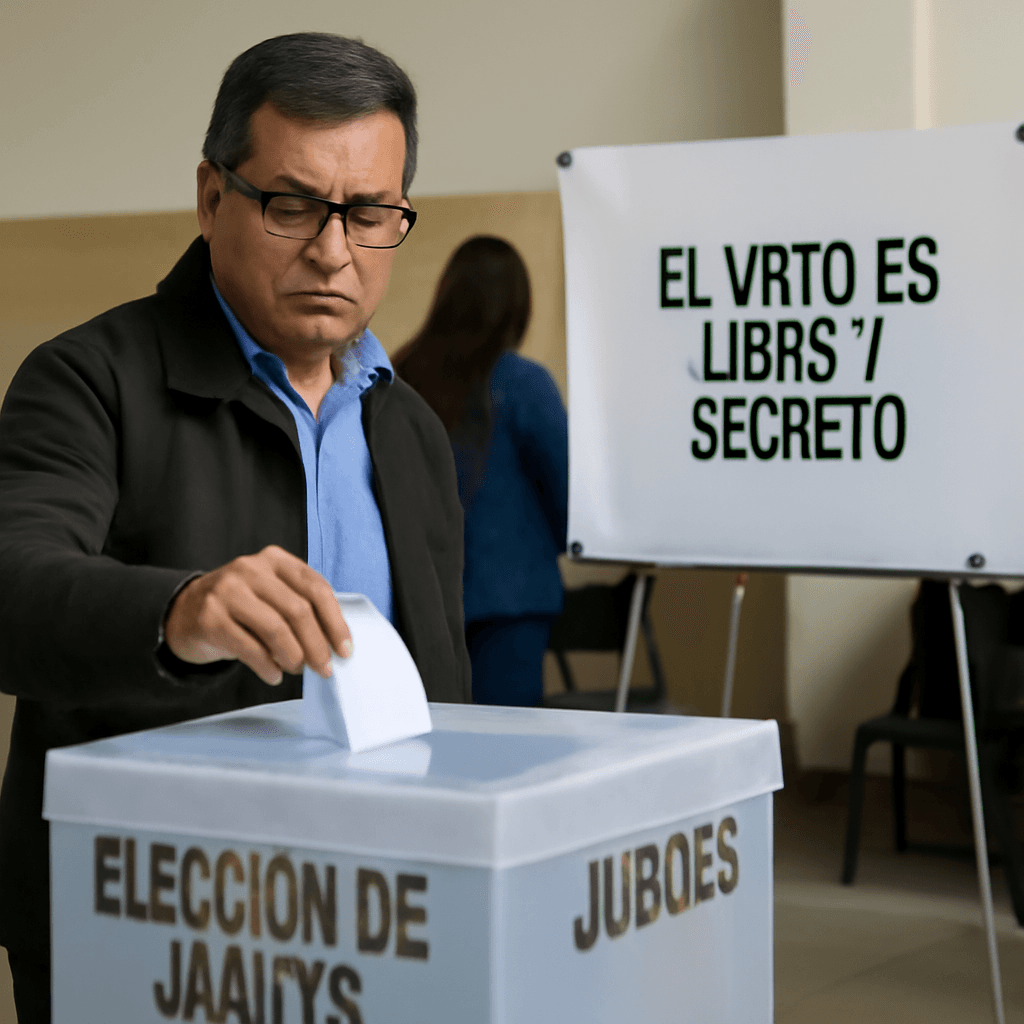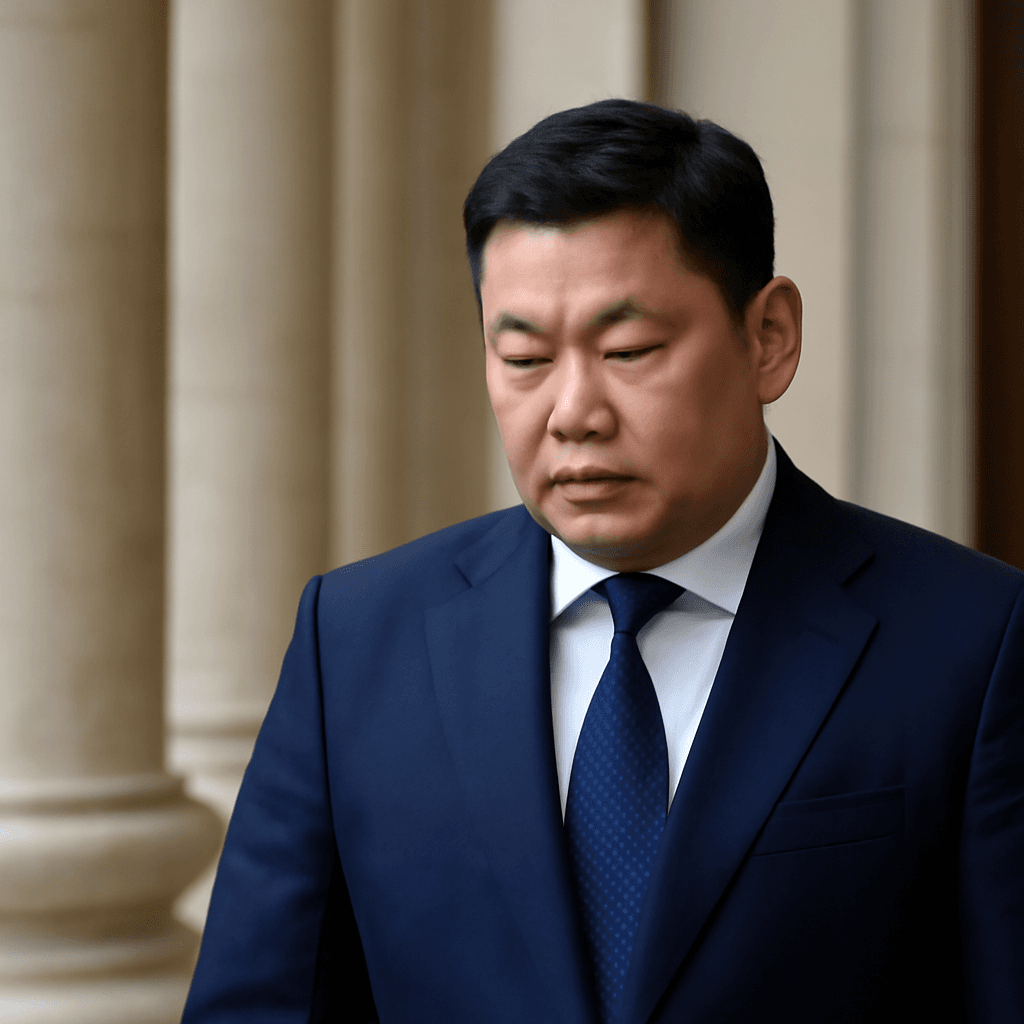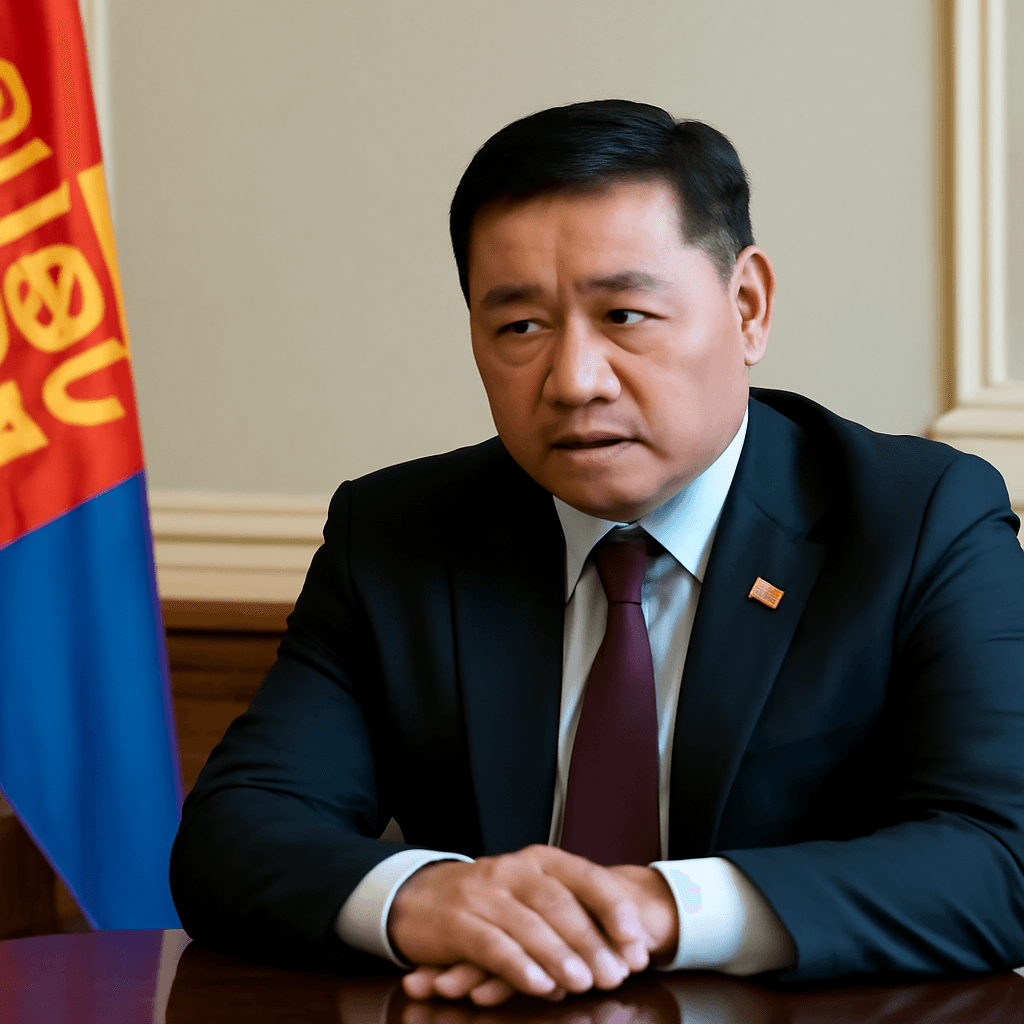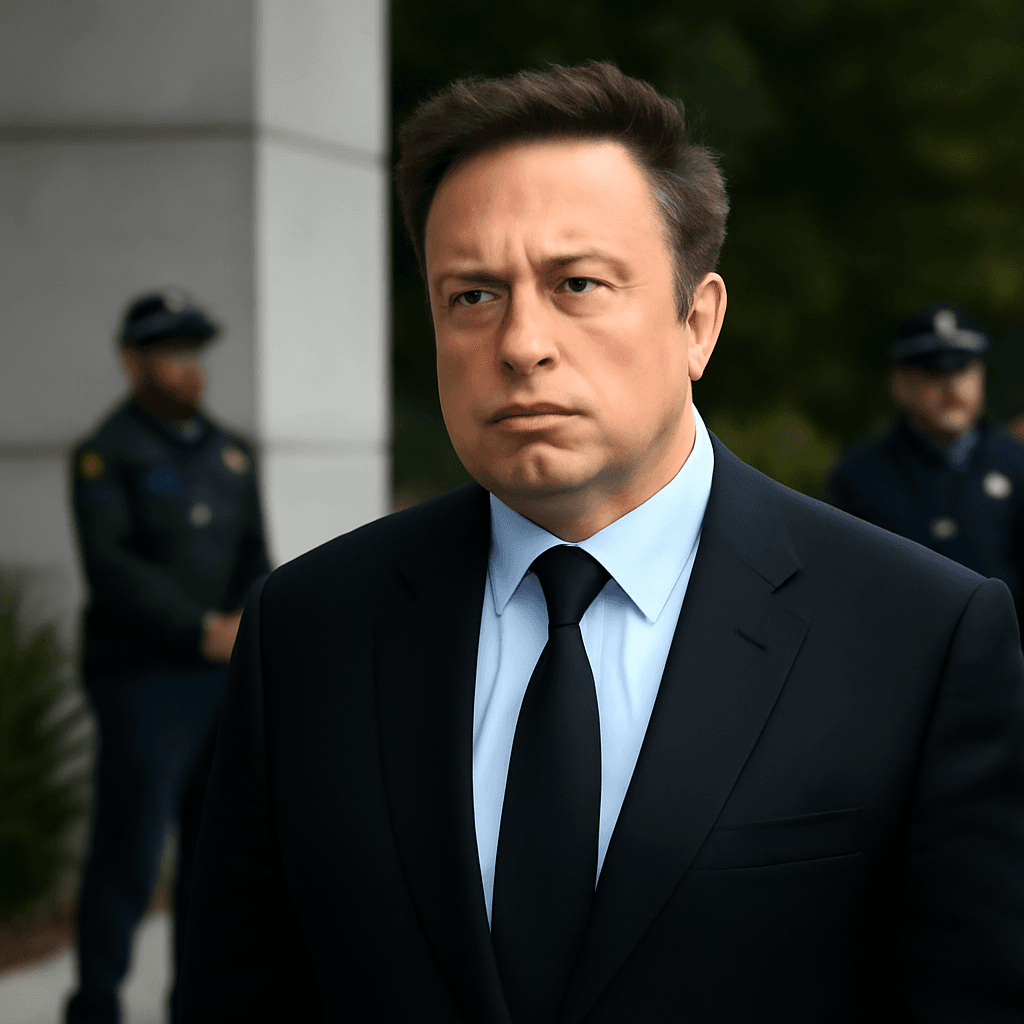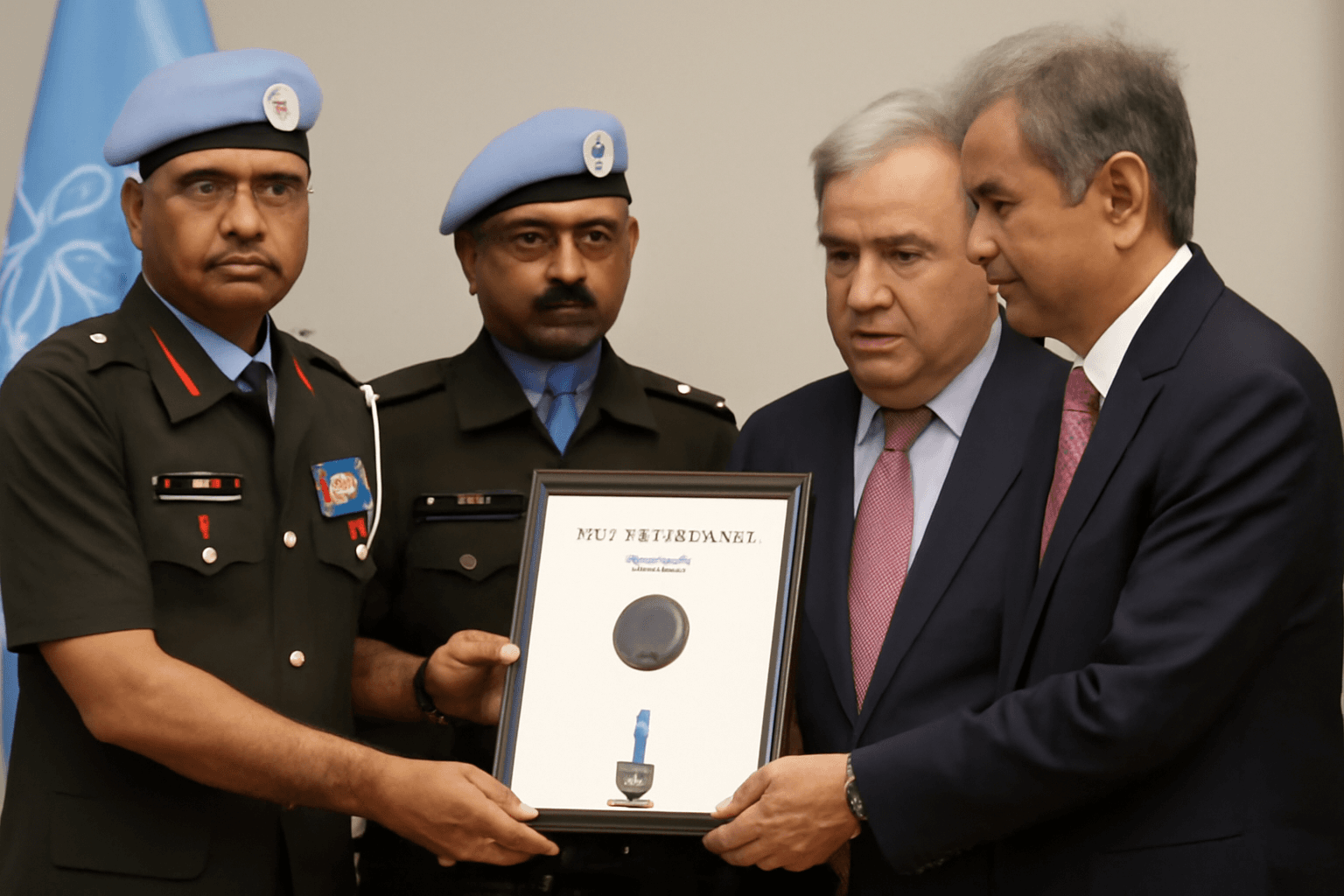Washington, D.C. – President Donald Trump’s recent wave of pardons has sparked widespread debate regarding the impartiality of the justice system and the motivations behind his clemency decisions.
This latest round of pardons includes a diverse group of recipients such as a former governor who resigned amid a corruption scandal, a New York Republican ex-congressman convicted of tax fraud, and reality television personalities convicted of bank fraud and tax evasion. These pardons predominantly benefit Trump’s political allies, prominent public figures, and individuals convicted of defrauding the public.
Critics argue that Trump is using his pardon power to overturn the rulings of juries and judges to serve political goals rather than justice. Liz Oyer, the Justice Department's former pardon attorney who was dismissed earlier this year, stated, "He is using pardons to essentially override the verdicts of juries and to accomplish political objectives. That is very damaging and destructive to our system of justice."
Although controversial pardons have been issued by previous presidents—such as Gerald Ford’s pardon of Richard Nixon and Bill Clinton’s last-minute pardon of financier Marc Rich—Trump’s campaign of clemency reflects a distinct pattern. Since his first term, Trump has frequently extended pardons to high-profile supporters and associates, often sparing those connected to investigations into political corruption and public trust violations.
For instance, in 2020, Trump pardoned individuals involved in the Russia election interference investigation and his son-in-law’s father, Charles Kushner, who later served as ambassador to France. On his first day back in office, Trump commuted or pardoned over 1,500 individuals charged in connection to the January 6, 2021, Capitol riot, effectively halting much of the prosecution related to the unprecedented assault on American democracy.
Trump himself faces multiple indictments and ongoing investigations. His clemency decisions suggest a commonality with politicians across the aisle whom he perceives as similarly targeted or mistreated. In February, Trump pardoned former Democratic Illinois Governor Rod Blagojevich, citing political motivations behind his imprisonment.
The most recent pardons include notable figures such as former Republican New York Representative Michael Grimm, who resigned after pleading guilty to underreporting income and served eight months in prison. Additionally, former Republican Connecticut Governor John Rowland, convicted twice for corruption-related offenses and imprisoned for 30 months, received clemency. The White House also pardoned rap artist NBA YoungBoy on gun charges and Todd and Julie Chrisley, stars of "Chrisley Knows Best," who were convicted of conspiring to defraud banks of over $30 million through false loan applications.
These pardons come amid structural changes within the Justice Department, including the dismissal of Oyer and a scaling back of the Public Integrity Section, which traditionally investigates and prosecutes political corruption. Ed Martin, a Trump loyalist installed as the new pardon attorney, has signaled a more politically motivated approach, reviewing previous pardons granted by President Joe Biden.
Princeton University presidential historian Julian Zelizer contextualizes Trump’s pardon decisions as consistent with his broader presidency: "He uses a lot of his power either for retribution or reward rather than for pure policy-making."

